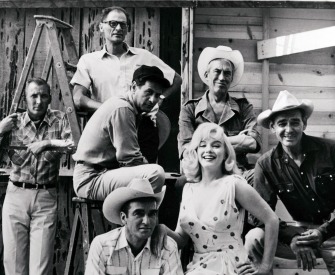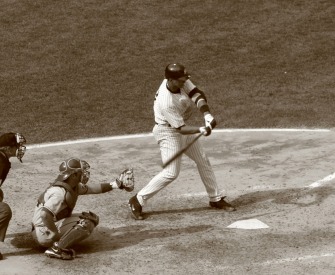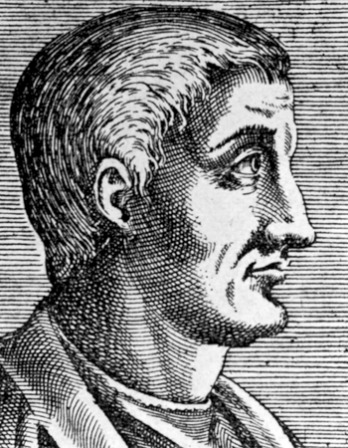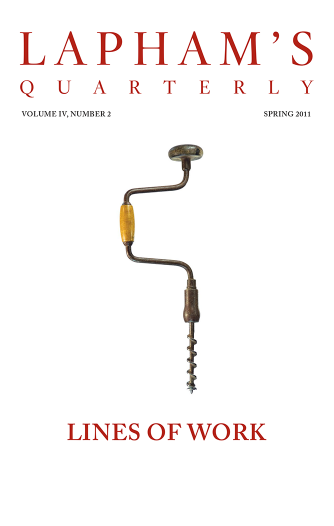The spirit of monarchy is nothing but the craving in the human mind after the sensible and the one. It is not so much a matter of state necessity or policy, as a natural infirmity, a disease, a false appetite in the popular feeling, which must be gratified.
Man is an individual animal with narrow faculties but infinite desires, which he is anxious to concentrate in some one object within the grasp of his imagination, and where, if he cannot be all that he wishes himself, he may at least contemplate his own pride, vanity, and passions, displayed in their most extravagant dimensions in a being no bigger and no better than himself. Each individual would (were it in his power) be a king, a god; but as he cannot, the next best thing is to see this reflex image of his self-love, the darling passion of his breast, realized, embodied out of himself in the first object he can lay his hands on for the purpose. The slave admires the tyrant, because the last is, what the first would be. He surveys himself all over in the glass of royalty. The swelling, bloated, self-importance of the one is the very counterpart and ultimate goal of the abject servility of the other. But both hate mankind for the same reason, because a respect for humanity is a diversion to their inordinate self-love, and the idea of the general good is a check to the gross intemperance of passion. The worthlessness of the object does not diminish but irritate the propensity to admire. It serves to pamper our imagination equally and does not provoke our envy. All we want is to aggrandize our own vainglory at secondhand, and the less of real superiority or excellence there is in the person we fix upon as our proxy in this dramatic exhibition, the more easily can we change places with him and fancy ourselves as good as he. Nay, the descent favors the rise, and we heap our tribute of applause the higher, in proportion as it is a free gift. An idol is not the worse for being of coarse materials; a king should be a commonplace man. Otherwise, he is superior in his own nature and not dependent on our bounty or caprice. Man is a poetical animal, and delights in fiction. We like to have scope for the exercise of our mere will. We make kings of men and gods of stocks and stones: we are not jealous of the creatures of our own hands. We only want a peg or loop to hang our idle fancies on, a puppet to dress up, a lay figure to paint from. It is “Thing Ferdinand, and not King Ferdinand,” as it was wisely and wittily observed. We ask only for the stage effect; we do not go behind the scenes, or it would go hard with many of our prejudices! We see the symbols of majesty, we enjoy the pomp, we crouch before the power, we walk in the procession, and make part of the pageant, and we say in our secret hearts, there is nothing but accident that prevents us from being at the head of it. There is something in the mock sublimity of thrones, wonderfully congenial to the human mind. Every man feels that he could sit there, every man feels that he could look big there, every man feels that he could bow there, every man feels that he could play the monarch there. The transition is so easy and so delightful! Almost every true and loyal subject holds such a barren scepter in his hand, and the meanest of the rabble, as he runs by the monarch’s side, has wit enough to think, “There goes my royal self!” From the most absolute despot to the lowest slave there is but one step (no, not one) in point of real merit. As far as truth or reason is concerned, they might change situations tomorrow—nay, they constantly do so without the smallest loss or benefit to mankind! Tyranny, in a word, is a farce got up for the entertainment of poor human nature, and it might pass very well, if it did not so often turn into a tragedy.
From “On the Spirit of Monarchy.” The son of a Unitarian preacher who supported the American Revolution, Hazlitt grew up in Ireland and the United States. Charles Lamb and William Wordsworth encouraged him to become a painter, but in 1805 he published his first book, On the Principles of Human Action. Over the next decade, Hazlitt established himself as an important essayist, writing on art, politics, and drama.
Back to Issue





